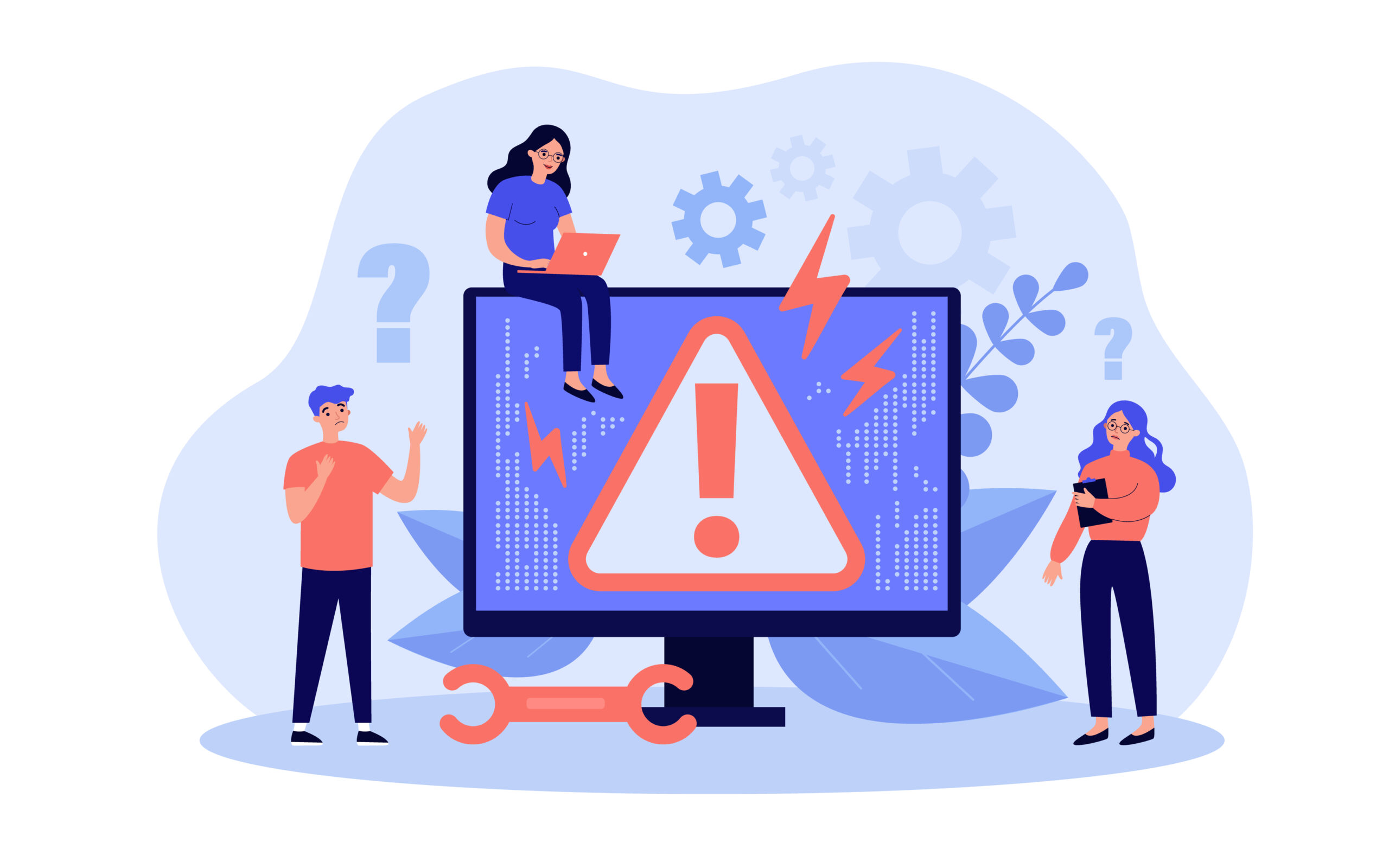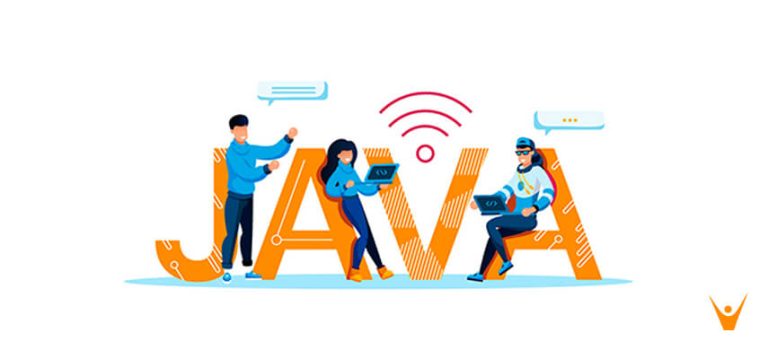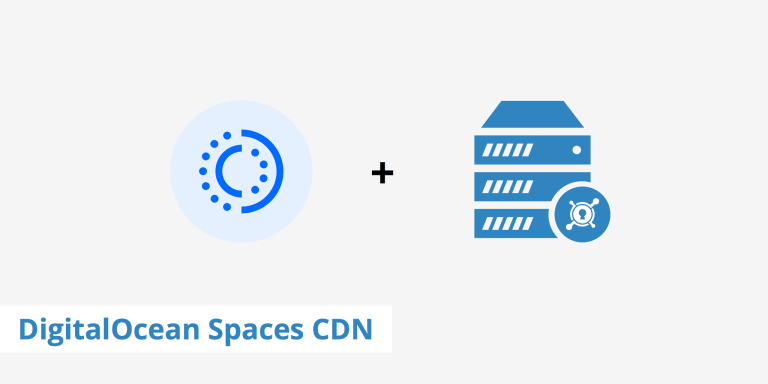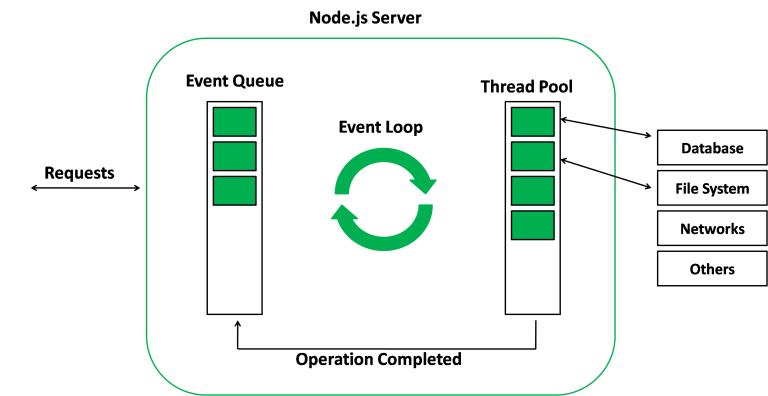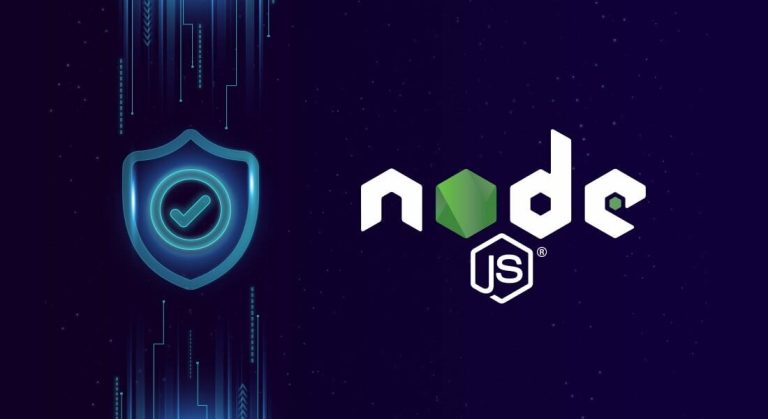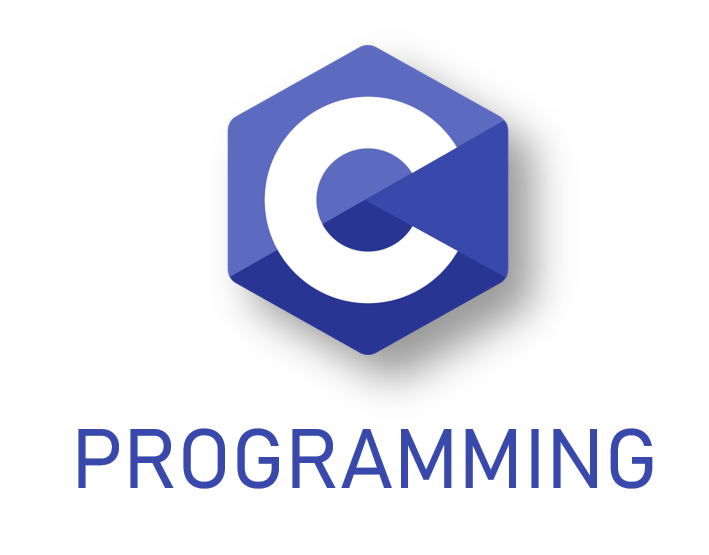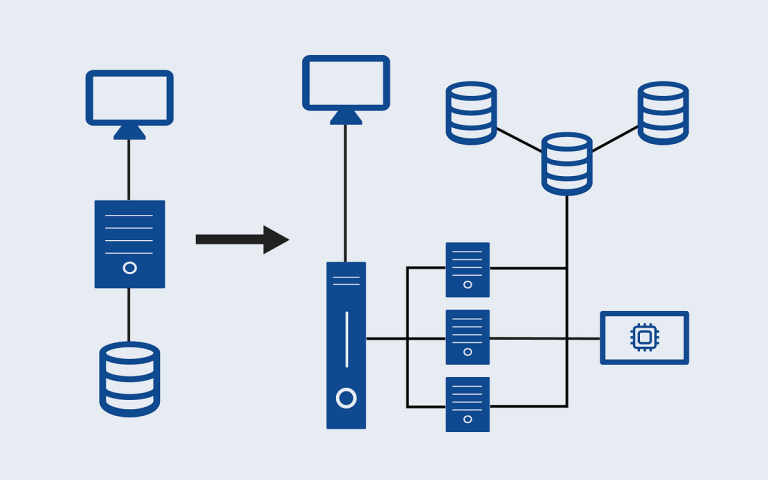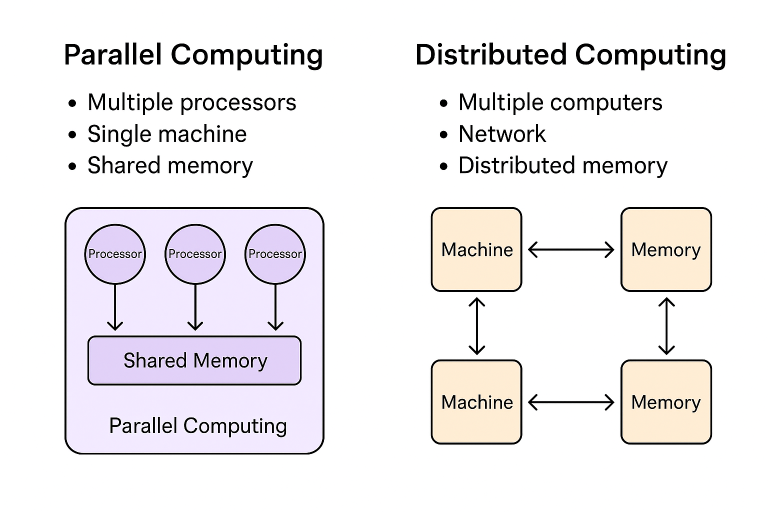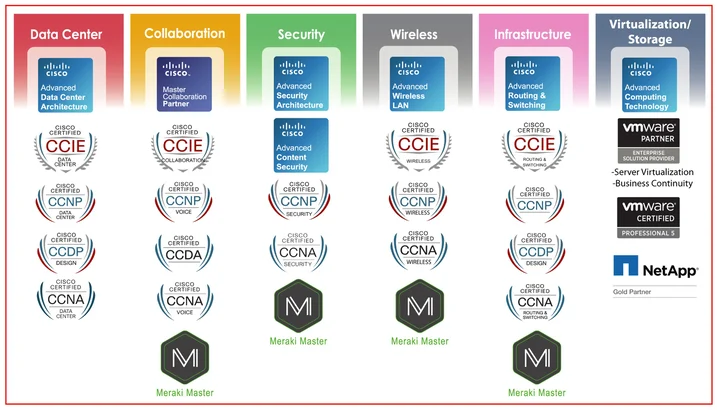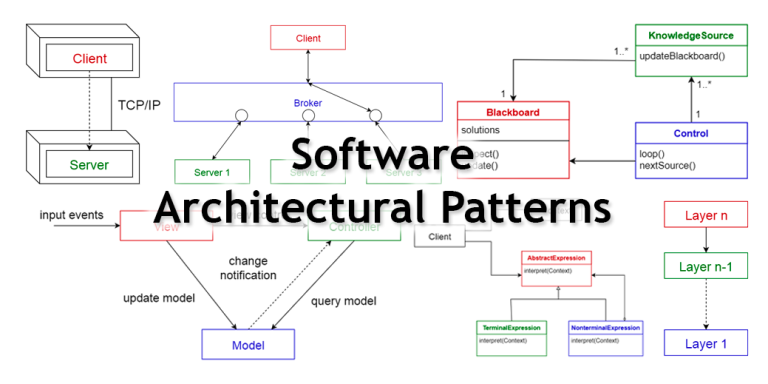Introduction
PHP, a versatile server-side scripting language, is widely used for web development. Despite its popularity, developers, especially those new to PHP, often encounter common pitfalls that can lead to bugs, security vulnerabilities, and performance issues. In this article, we’ll explore the top five most common mistakes in PHP development and discuss strategies to avoid them.
1. Failure to Validate User Input:
One of the most prevalent mistakes in PHP development is insufficient validation of user input. Failing to validate input from forms, URL parameters, or any external sources can expose applications to security vulnerabilities, such as SQL injection, cross-site scripting (XSS), and other injection attacks.
How to Avoid:
Always validate and sanitize user input before using it in SQL queries, HTML output, or other sensitive contexts. Utilize PHP’s built-in filtering functions (filter_input and filter_var) and consider using validation libraries for more complex scenarios.
$username = filter_input(INPUT_POST, 'username', FILTER_SANITIZE_STRING);
2. Ignoring Error Handling:
Neglecting proper error handling is another common mistake. PHP developers sometimes overlook error reporting and fail to catch exceptions, leading to unhandled errors that can expose sensitive information or result in unexpected behavior.
How to Avoid:
Enable error reporting during development by setting error_reporting to E_ALL in your development environment. Implement robust error handling using try, catch, and finally blocks for exceptions. Log errors securely and display user-friendly error messages without revealing sensitive information.
try {
// Code that may throw an exception
} catch (Exception $e) {
// Handle the exception
error_log($e->getMessage());
echo "Something went wrong. Please try again later.";
}3. Not Using Prepared Statements:
Failure to use prepared statements when interacting with databases is a common mistake that leaves applications vulnerable to SQL injection attacks. Concatenating user input directly into SQL queries opens the door for malicious manipulation of queries.
How to Avoid:
Utilize prepared statements and parameterized queries when interacting with databases. This ensures that user input is properly escaped and prevents SQL injection vulnerabilities.
// Using MySQLi prepared statement
$stmt = $mysqli->prepare("SELECT username FROM users WHERE id = ?");
$stmt->bind_param("i", $userId);
$stmt->execute();
$stmt->bind_result($username);
$stmt->fetch();
$stmt->close();4. Inefficient Resource Management:
Failing to manage resources efficiently, such as database connections, file handles, or memory, can lead to performance issues and potential resource exhaustion.
How to Avoid:
Always release resources explicitly when they are no longer needed. Close database connections, free memory, and close file handles using appropriate PHP functions (mysqli_close, fclose, etc.). Implement caching mechanisms judiciously to reduce the load on resources.
// Close a database connection mysqli_close($connection); // Close a file handle fclose($fileHandle);
5. Neglecting Security Best Practices:
Overlooking security best practices is a broad mistake that encompasses issues such as not using HTTPS, not securing sensitive data, and not keeping software dependencies up to date.
How to Avoid:
- Use HTTPS: Encrypt communication between the client and server using HTTPS to protect data during transit.
- Secure Sensitive Data: Store passwords securely using strong hashing algorithms (e.g., bcrypt) and avoid storing sensitive information in cookies.
- Update Dependencies: Regularly update PHP and third-party libraries to patch security vulnerabilities.
- Implement Cross-Site Scripting (XSS) Protection: Sanitize and validate user input to prevent XSS attacks.
// Use htmlspecialchars to prevent XSS echo htmlspecialchars($userInput, ENT_QUOTES, 'UTF-8');
Conclusion:
Avoiding common mistakes in PHP development requires diligence and a commitment to following best practices. By validating user input, implementing robust error handling, using prepared statements for database interactions, managing resources efficiently, and prioritizing security, developers can create more resilient, secure, and performant PHP applications. Regular code reviews, adherence to coding standards, and staying informed about PHP updates and security practices contribute to maintaining high-quality PHP codebases.

